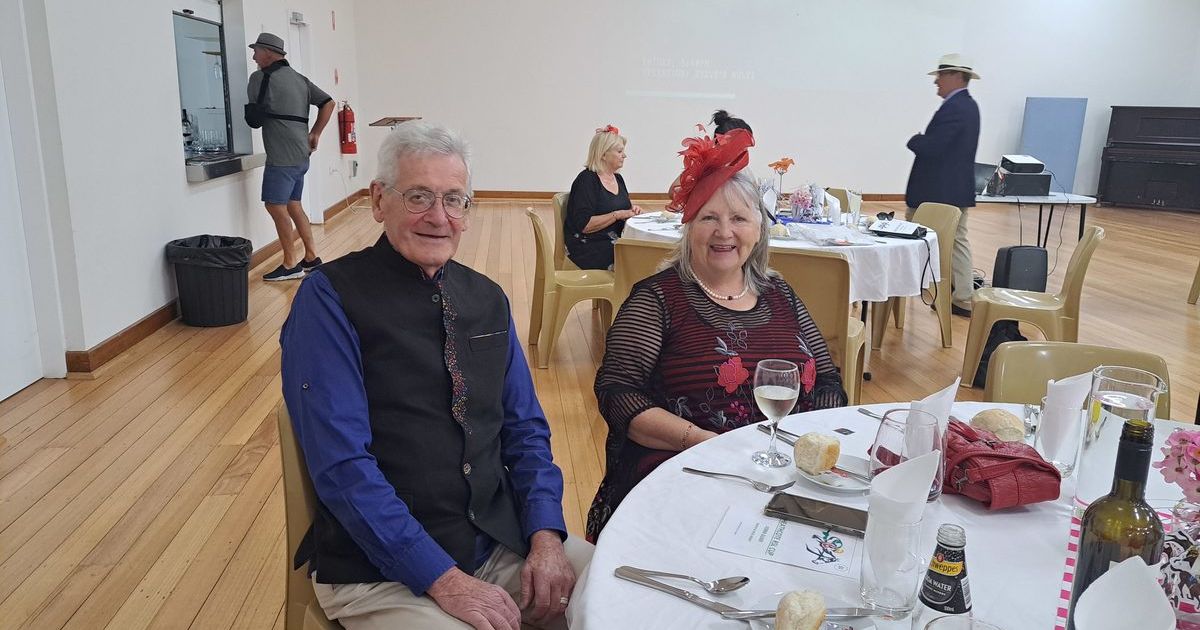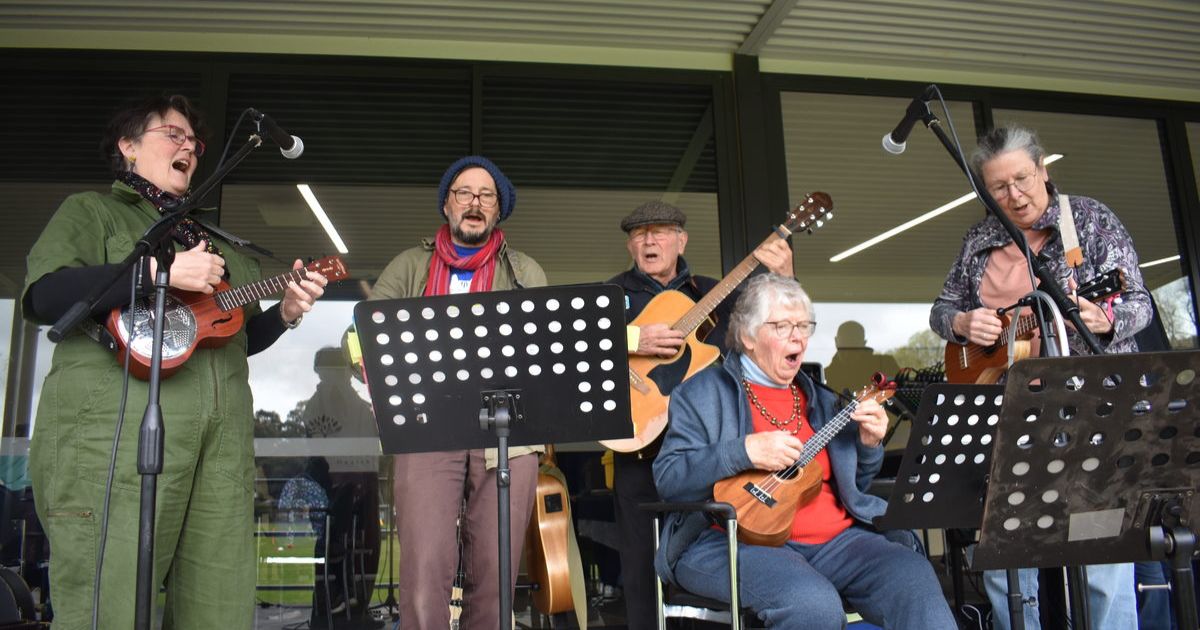From the desk of Roland Rocchiccioli – 30 October

In the air: Radios came in all shapes and sizes and were an important part of family life. They taught us how to listen, something we have forgotten, sadly! Photo: SUPPLIED
Of the mass media triumvirate, radio is the most intimate, and, possibly, the most rewarding in terms of immediate audience reaction.
THAT was before our attention span was contaminated by the advent of the now omnipresent television and, more latterly, social media.
The Australian Broadcasting Commission was modelled on the BBC. Melbourne’s second network, with the call-sign 3LO, was owned by the theatrical impresarios, John and Nevin Tait on behalf of JC Williamson’s, the department store Buckley and Nunn, and the Herald and Weekly Times newspapers. In London it was 2LO, so it is likely the Tait Brothers who were of Scottish decent and Anglophiles, who have followed the example.
At its zenith, radio was television without pictures – except it did not turn the mind to milk. Quite the opposite. It was entertainment of the mind and the imagination. Evening broadcasts were given over to concert performances – live from various halls and theatres, and radio plays, which required the listeners to work as hard as the performers. Sound effects – you know the sort of thing – a creaking coffin lid being opened; a scream and gun shot in the dark; an ominous knock on the front door in the dead of night. The scripts and the effects were guaranteed to make your blood run cold. Often times, I was terrified.
When my parents divorced and my mother, Beria, went-it-alone with her three children, amongst the first thing she bought was a brown, Bakelite wireless. It sat atop the kitchenette and was strictly off-limits to the fingers of little boys! It went on first thing in the morning and was silenced last thing at night. I was addicted to the radio.
With only the spoken word and our imaginations in-play, radio audiences had to listen, and to concentrate. Perforce they hung on every word. A momentary lapse in concentration and a vital clue in the radio play or the long-running serial would be missed.
Alas, time have changed – in this instance not for the better.
Television has become show-and-tell. If you do not have moving pictures for the cat-up-a-tree story, then it cannot run on the evening news. We are, it seems, too stupid to visualise the predicament, regardless of the detailed description contained in the story telling. Consequently, radio has now become an audio minefield for announcers and broadcasters – or whatever they are called in this age of political correctness.
Relevant studies would seem to indicate that listeners – with the best will in the world – hear only six words in 10 of what is being broadcast. A minor distraction – a barking dog or a lapse in concentration, and they hear even less. There is a disquieting propensity to invent what was said; to imagine what was heard.
A former colleague called to complain about former Prime Minister, Tony Abbot. He was, according to the colleague’s understanding, planning to spend taxpayers’ funds restoring Catholic chapels. It transpired he wanted to restore chaplains back into schools. When challenged, she said, “I was only half listening!” – as if that made it acceptable.
Television is the problem. With the endless bombardment of images we have lost the ability to concentrate. Half-truths and rumours abound. People imagine what was said and repeat it as a fact. News is reduced to 30-second sound grabs – even on important issues.
Rudyard Kipling was right, “If you can bear to hear the truth you’ve spoken, twisted by knaves to make a trap for fools…”
We need to start listening!
Roland can be contacted via [email protected].

















